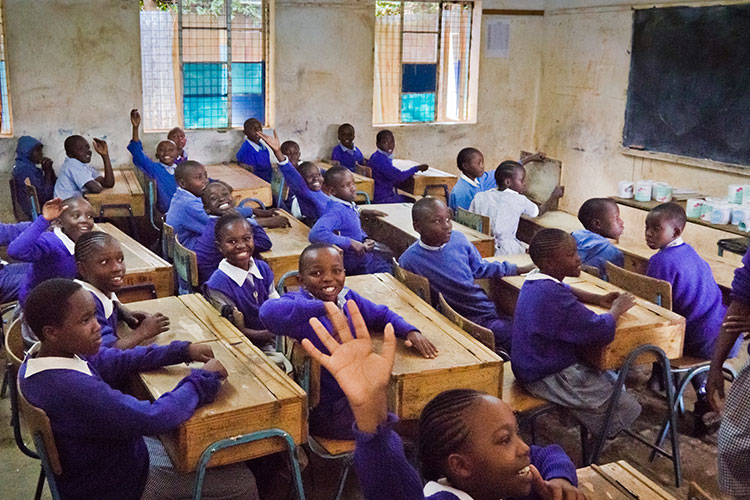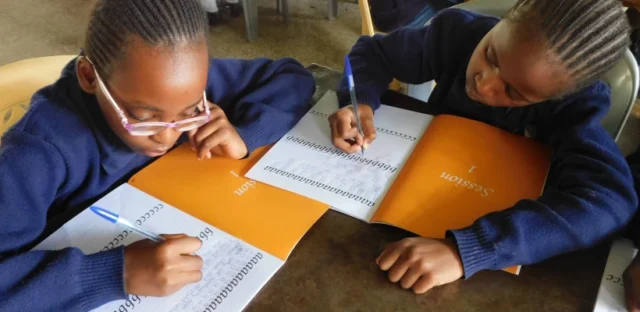As Kenya advances through one of the most ambitious education reforms in its history the transition to Competency-Based Education (CBE)—the nation’s learners are navigating both promise and pressure. From Grade 3 to Grade 9, students are preparing for assessments that test practical knowledge and skill mastery under the new Competency-Based Curriculum (CBC). Yet, for many, the challenge extends beyond mastering content it’s about accessing the basic tools that make learning possible.
In this evolving landscape, BIC East Africa’s sustained commitment to education has emerged as a stabilizing force. Through its “Buy Me and BIC Will Donate a Pen” initiative, now in its fifth year, the company distributed 150,000 pens to students in under-resourced schools across Nairobi, Machakos, Kiambu, and Kajiado in 2025.
The simplicity of the campaign belies its power: every pen donated represents a tangible bridge across Kenya’s resource gap. In communities where the lack of a pen can derail a learner’s exam preparation, this initiative translates corporate responsibility into real, measurable impact.
However, BIC’s investment in education goes beyond providing stationery. Its Environmental Legacy Initiative, anchored in sustainability and school empowerment, has planted 22 fruit orchards in institutions across the nation. These orchards, comprising 1,650 trees, are projected to generate up to KES 6.6 million annually per school, funding facility upgrades and creating green jobs while absorbing an estimated 41 tons of carbon dioxide each year.
By turning schools into hubs of sustainability and self-reliance, BIC is reshaping how corporate players can contribute to long-term educational resilience.

What makes this model particularly relevant is its alignment with the CBC’s vision: nurturing self-reliant, innovative, and environmentally conscious citizens. BIC’s initiatives embody these very principles, equipping learners with the tools and environments needed to thrive. They illustrate how private sector engagement, when purpose-driven, can complement public efforts to deliver equitable education.
As Kenya’s learners adapt to new modes of assessment and a competency-driven framework, BIC’s role demonstrates that meaningful progress requires partnership. By uniting education, sustainability, and corporate purpose, the company’s initiatives remind us that transformation begins with access and access starts with action.
In empowering students with the resources and confidence to learn, BIC isn’t just donating pens; it’s helping to write the story of Kenya’s educational future one learner at a time.







